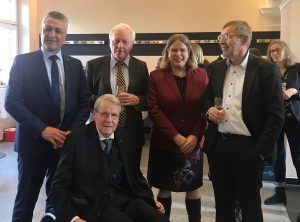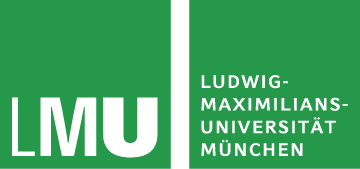Prof. Suerbaum spoke in Berlin on 28.03.2023 at the farewell event in honour of the outgoing RKI President Lothar H. Wieler. As Chairman of the Scientific Advisory Board of the Robert Koch Institute, Prof. Suerbaum worked together with Prof. Wieler in a spirit of trust during his eight years in office. The further development of the RKI from an infection institute to a public health institute for Germany, which took place under the leadership of Prof. Wieler, was recently analysed by the advisory board in a statement and future fields of action were presented. During his time as RKI President, Prof. Wieler rendered great services to the fight against infectious diseases in Germany and worldwide.
Rare meeting of four presidents on the occasion of the farewell of Prof. Dr. Dr. h.c. mult. Lothar H. Wieler as President of the Robert Koch Institute on 28.03.2023

Statement of the Scientific Advisory Board on the Role of the RKI for Public Health in Germany

